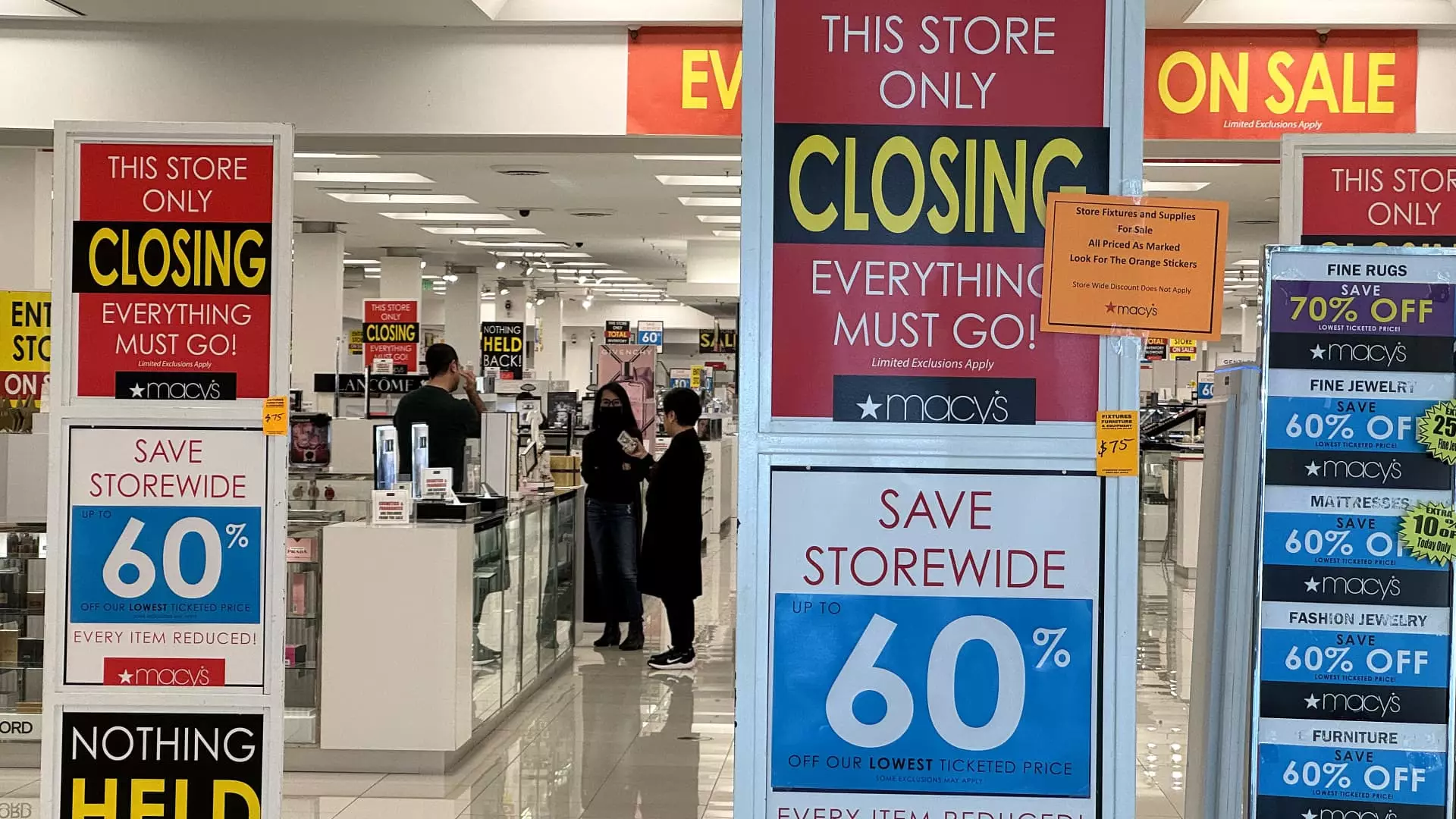The decision by Macy’s to close approximately 150 stores has not come without notice from its retail competitors. In interviews with CNBC, Target CEO Brian Cornell and Kohl’s CEO Tom Kingsbury expressed optimism about the opportunity this presents for them to increase their own sales. Off-price chain T.J. Maxx is also expected to benefit from the closures, given its similar merchandise offerings and store locations near existing Macy’s outlets. Retail names like Ross and Nordstrom are also poised to capitalize on the void left by Macy’s in the market.
Macy’s closures are expected to put up to $2 billion of market share up for grabs, as the department store seeks to focus on driving higher sales at its remaining locations. The company’s decision to close underperforming stores is aimed at enhancing its overall performance and profitability. With plans to open more locations of its higher-end department store Bloomingdale’s and beauty chain Bluemercury, Macy’s is looking to concentrate on its successful brands and streamline its operations.
The closure of Macy’s stores will not only impact the company itself but also have wider implications for shopping malls across the country. As department stores continue to lose market share to online retailers and other competitors, the landscape of retail is undergoing a significant transformation. The rise of off-price retailers and specialty stores like Target and Abercrombie & Fitch has further intensified the competition within the retail sector.
With a significant overlap in customer base, competitors like Kohl’s and T.J. Maxx are well-positioned to attract former Macy’s shoppers. Data analysis shows that a substantial number of Macy’s customers also frequent these stores, suggesting a potential shift in consumer preferences. Off-price retailers, in particular, have emerged as major competitors for department stores, offering similar products at more competitive prices in convenient locations.
As Macy’s rethinks its store strategy and focuses on its core brands, competitors are eyeing the opportunity to expand their market share and attract a new customer base. Target’s plans to open more than 300 new stores in the next decade reflect a broader trend of retail expansion and adaptation to changing consumer preferences. The retail industry is constantly evolving, and companies must innovate and adapt to stay competitive in a rapidly changing market.
Macy’s store closures are not just a reflection of the company’s strategic realignment but also a signal of broader changes within the retail industry. As competitors seize the opportunity to capture market share and attract new customers, the retail landscape is undergoing a significant transformation. With consumers increasingly turning to online shopping and seeking convenience and value, retailers must adapt their strategies to remain relevant and competitive in the ever-evolving retail environment.

